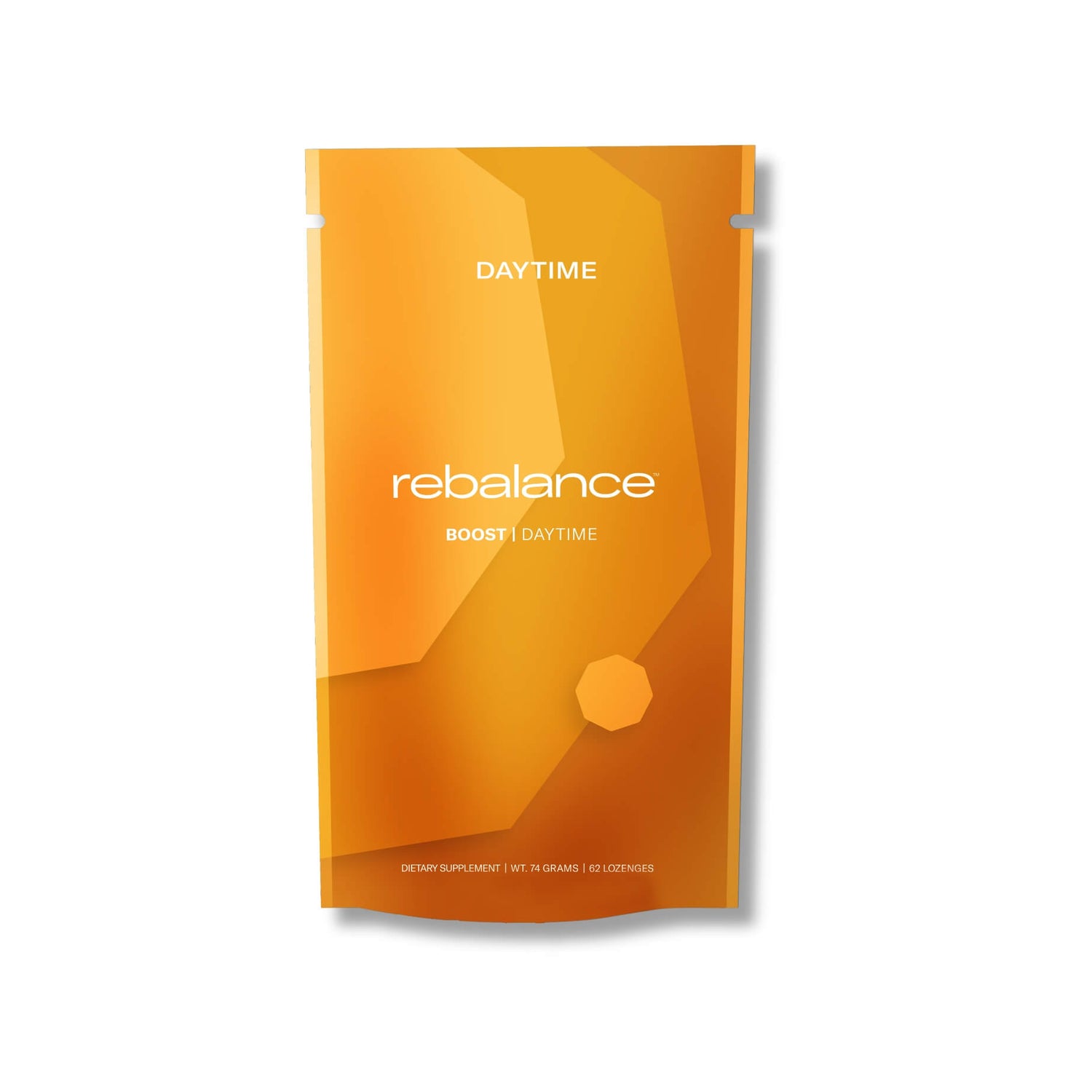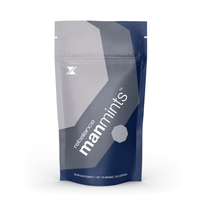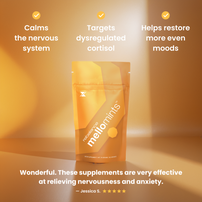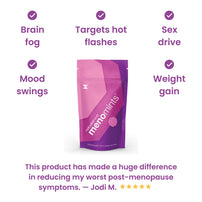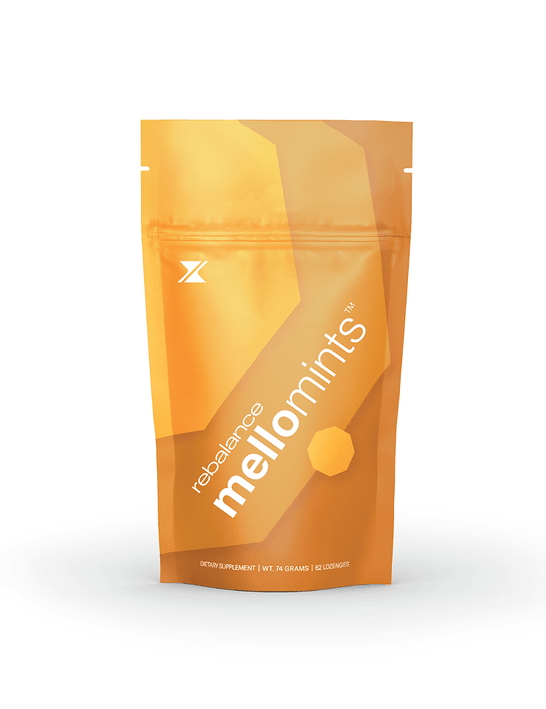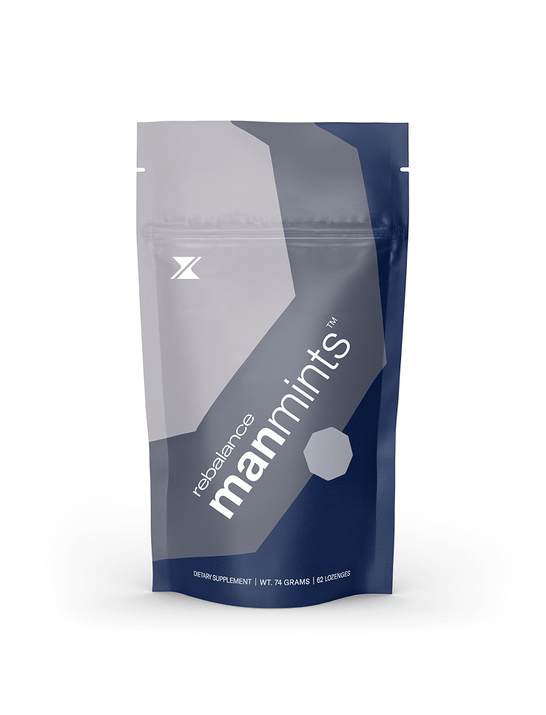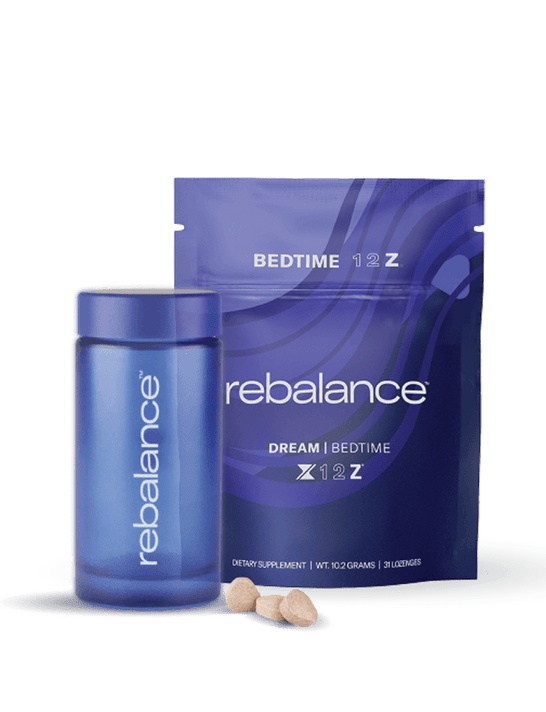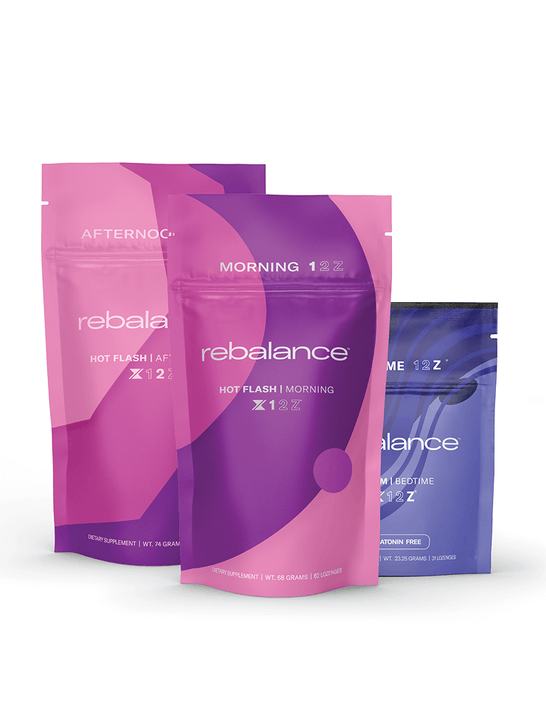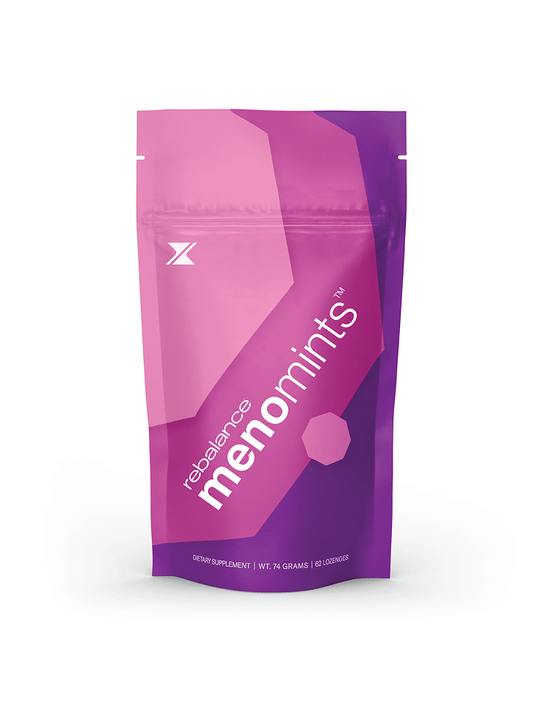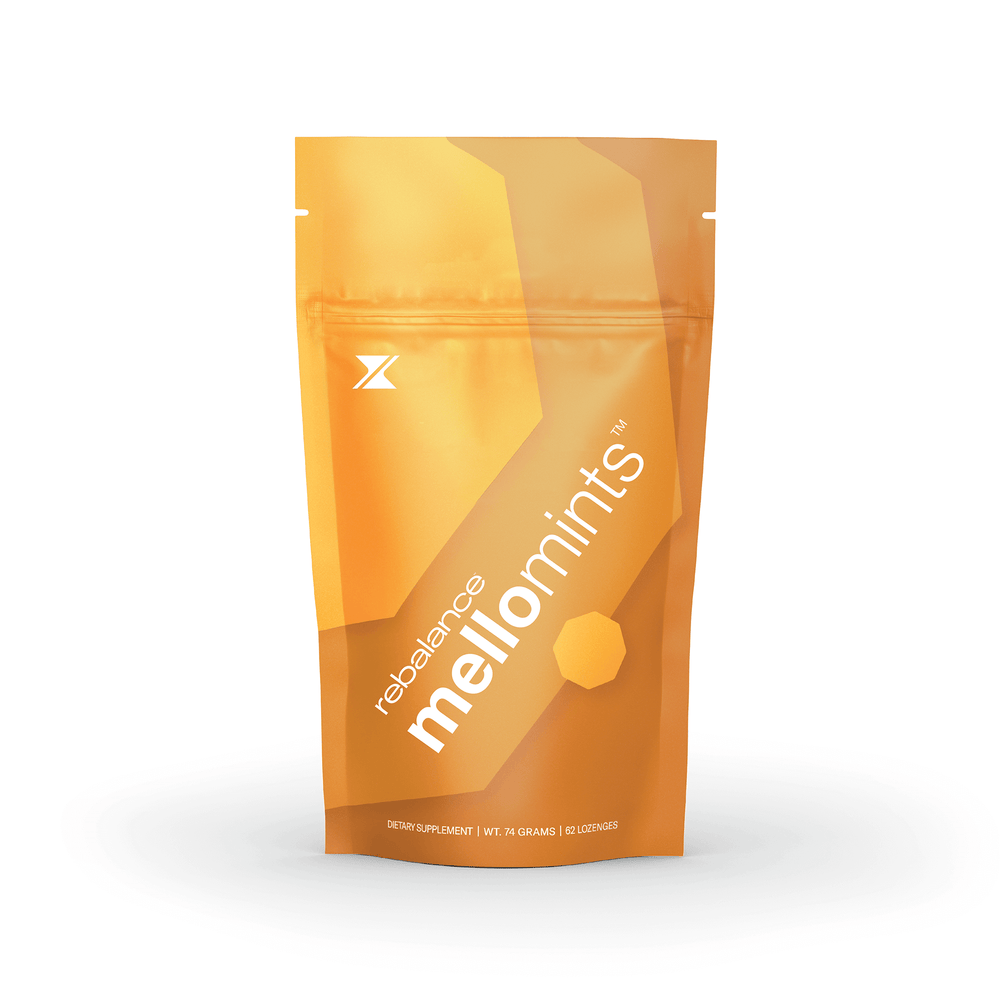Do Supplements Work? A Potential Solution to Nutritional Deficiencies
03/20/2023 by Anna Meyer

INSIDE THIS ARTICLE
We’ve all heard the phrase, “You are what you eat”. Which is just a clever way to say your body only functions properly when you feed it properly. Unfortunately, even when we try our level best to eat nutritious, balanced meals, we don’t always get it right. Despite our best efforts, our bodies may still lack certain essential vitamins and minerals. This is where nutritional supplements can come into play. Behind the question “Do Supplements Work?” lies a much bigger question: how can they help us? Let’s dive in and explore this topic further.
What Are Supplements?
Nutritional supplements are pills, powders, or liquids you take to add more vitamins, minerals, fatty acids, amino acids, fiber or other compounds with alleged health benefits to your diet. The point of supplements is to bridge the gap between what you eat every day and what your body needs to stay healthy. They range from multivitamins to single vitamins like Vitamin C or zinc. And while they may not replace a balanced diet full of nutritious foods like vegetables, fruits, lean proteins and whole grains—they can provide additional support for those times when we don’t have access to all the nutrients that our bodies need.
The pressing question is whether supplements work.
Do Supplements Work?
This is a complicated question to answer. Supplements can work—but under the right conditions. The idea behind supplements is that they supplement your diet. Hence the name. They’re not intended to replace a balanced diet, instead, they provide a bit more nutritional support, if you need it.
So, if you already have an adequate diet full of nutrient-dense foods like fruits, vegetables, meat, fish, and poultry, then taking supplements will not make much difference in terms of energy levels or overall health. In fact, you’re more likely to flush the vitamins out since your body won’t need it. Which makes for expensive pee and a sad bank account.
The exception is fat-soluble vitamins which include Vitamin A, D, E, or K. If you supplement these vitamins when you don’t need them, they’re most likely going to be stored in your body and can lead to hypervitaminosis. In case you’re wondering, that’s bad and quite tricky to treat.
However, if you are looking for extra support because of a deficiency or other medical conditions, then taking a supplement can be beneficial in helping address those issues.
For example, people who suffer from inflammatory bowel diseases or who have had bariatric surgery are more susceptible to nutritional deficiencies and will need to rely on supplements more than the average person.
So to supplement or not to supplement? This is a question Shakespeare has been asking since the early 1600s. Or maybe not. But it’s definitely a question that’s crossed many health enthusiasts’ minds.
Should You Take Supplements?
The answer depends on your individual circumstances. Aside from certain medical conditions, your diet and lifestyle also determines if you should take supplements. For example, diets like the vegan or vegetarian diet lack Vitamin B12 and make it difficult to get enough iron, iodine, and calcium. So, if you’re vegan or vegetarian, you’re almost certainly going to need supplements. Whether you should take supplements is something you’ll need to discuss with your doctor. They’ll need to run blood tests and hair mineral tests to see if you’re, in fact, deficient and recommend what you’ll need to take and what dosage.
You’re probably tired of being told to consult with a doctor before taking any kind of supplement, but it is important, especially if you have any pre-existing medical conditions or allergies. Additionally, some medications interact with certain supplements, so trying to YOLO it is a recipe for a hefty hospital bill. That said, vitamins and minerals can play an important role in helping us achieve optimal health and wellness when taken responsibly.
Common Nutritional Deficiencies and How They Affect Your Health
Most people assume nutritional deficiencies are only prevalent in war-torn and developing countries, since they often have food shortages.
However, vitamin and mineral deficiencies are common across the world, with 30% of the world population being at risk for iodine deficiency, 5 billion people globally being iron deficient, and Vitamin D deficiency now being recognized as a pandemic.
And there’s plenty of people who could use more calcium and magnesium in their life. But how do these deficiencies affect your health?
Vitamin D Deficiency
Despite its name, Vitamin D is in fact a steroid hormone, and a lack of this hormone causes complete chaos in your body. Vitamin D deficiency can lead to growth retardation in children, osteoporosis, muscle weakness, and, in severe cases, rickets. Vitamin D is also incredibly important for your immune system and a lack of this hormone can lead to a compromised immune system.
While supplementation is the easiest way to up your Vitamin D intake, it’s not the only way. Foods like fatty fish, eggs, cheese, beef liver, and fortified cereals and dairy products are also good options. But before you gorge on fortified cereals, make sure the cereal isn’t filled with sugar and other nasty ingredients. And of course, the simplest way to get a healthy dose of Vitamin D is to go out and enjoy the sunshine – it’s free and it gets you away from your computer.
Calcium Deficiency
Calcium is important for the health of your bones and teeth and a deficiency can lead to dental problems, osteoporosis, and increased risk for colorectal and breast cancer. Calcium is so important that studies have shown that a daily dose of 1200mg of calcium prevents bone loss and fractures in elderly people and reduces risk for colorectal cancer and breast cancer by 40% to 50%.
This doesn't mean you need to go out and buy multiple gallons of milk to consume everyday like water. Nor does it require you to have a giant block of cheese to gnaw on throughout the day. Calcium comes in many forms, and while it is available as a supplement, even there it can be consumed in different mediums.
Iodine Deficiency
Iodine is your thyroid’s superstar. It’s used in the production of two of your thyroid hormones and, therefore, it is essential for proper thyroid functioning. A lack of iodine can lead to hypothyroidism, goiters, cognitive difficulties and can lead to cretinism, a condition where physical and mental growth is severely stunted.
Iron Deficiency
Nope, not the ones you pump at the gym. Iron is a mineral essential for the production of hemoglobin which transports oxygen throughout our bodies. Symptoms of an iron deficiency can include pale skin, brittle nails and hair loss. A lack of iron can also lead to anemia, which can cause dizziness, fatigue, and headaches.
Magnesium Deficiency
Magnesium is involved in many bodily processes and is especially important for the health of our muscles, heart, and brain. Symptoms of a magnesium deficiency can include muscle weakness, cramps, fatigue, and headaches. In a study conducted by Nielsen and colleagues, the researchers found that participants who lowered their magnesium intake to a third of the recommended daily allowance experienced irregular heart rhythm, and decreased glucose tolerance. They also found that the heart flutters experienced by the subjects went away immediately after supplementing with magnesium.
Getting enough of these vitamins and minerals will ensure that you avoid a plethora of nasty symptoms and complications but it will also improve cognitive function, energy levels, muscle and bone health (cue fewer falls and pain) and fewer illnesses. In short, you’ll feel and look better and stay out of your doctor’s office. A win-win-win scenario.
Can supplements combat these deficiencies so you can reap the benefits? Yes, but how you get them into your body can really make the difference. Most supplements only get about 5% of their ingredients past your stomach acids and liver, to where they can make a difference.
Recommended Supplements for Health and Wellness
If you can’t get your nutrients from your diet, supplements are your next best bet. But which supplements should you take?
Experts often hail multivitamins as the go to supplement if you’re looking to address deficiencies, but if you’re not deficient in most of the vitamins present in the multivitamin, it’s going to be a waste.
Instead, it may be more effective to focus on single vitamins that target your deficiencies or supplements that contain a mix of the vitamins and minerals you’re lacking. Since the most common nutritional deficiencies include Vitamin D, Iron, Calcium, Magnesium, and iodine, supplementing with these vitamins and minerals makes sense and could be beneficial.
The next most important factor to consider when choosing a supplement is the delivery method. Most supplements come in two forms: double enclosed capsules/pills or gummies. Supplements that are presented in a double enclosed capsule are an effective way to get the nutrients you need past your stomach acids and into your gut, where it can be absorbed.
Gummies, on the other hand, work by breaking down the barriers in your mouth so it can bypass your destructive stomach acids. This increases the bioavailability of the nutrients, making them an effective and tasty delivery method. Unfortunately, gummies also contain fewer vitamins and minerals than traditional delivery methods, as well as substantial amounts of sugar.
Rebalance, however, has changed the game. Instead of using double enclosed capsules or gummies, we use a proprietary delivery method to get the powerful ingredients in our supplements to where it matters. All our products come in a lozenge – designed to get 3-5 times more ingredients to your gut, and ensures that they last longer than any other supplement. So you get more of the good stuff and less waste.
There are many potential benefits associated with taking nutritional supplements. Taking the time to assess which specific nutrients are missing from your diet can help ensure you get exactly what you need from your supplements - making them a convenient solution for addressing nutritional deficiencies.
Overview

Stay Calm. Sleep Deep. Wake Clear.
A lozenge that supports deep sleep, better REM, and calmer nights. Without melatonin — unless you want it.
